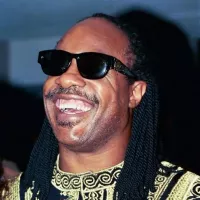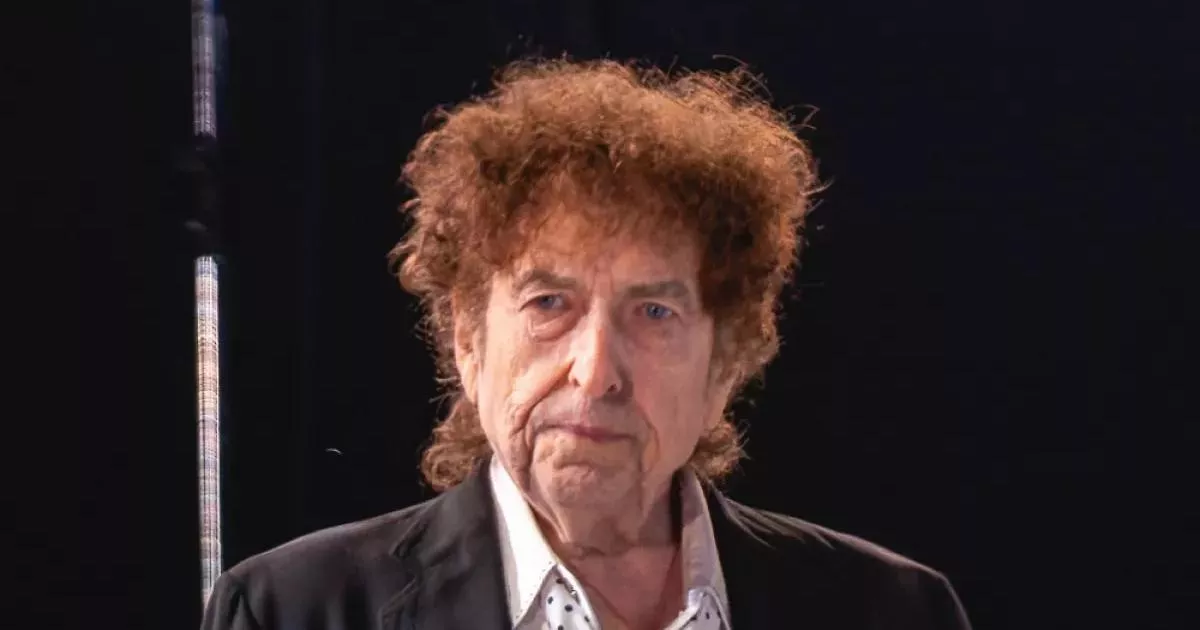Controversies are a part of history. Explore the biggest scandals linked to Bob Dylan.
Bob Dylan is a highly influential American singer-songwriter, renowned as one of history's greatest songwriters. His career, spanning over six decades, has profoundly impacted popular culture. Having sold over 125 million records, Dylan stands as one of the best-selling musicians ever. In the early 1960s, he revolutionized folk music by incorporating sophisticated lyrical techniques and intellectualism, drawing from classic literature and poetry. Dylan's lyrics, infused with political, social, and philosophical themes, challenged pop music norms and resonated with the burgeoning counterculture movement.
May 1963: Walkout of The Ed Sullivan Show
In May 1963, Bob Dylan walked out of The Ed Sullivan Show due to censorship of "Talkin' John Birch Paranoid Blues".
1963: Tom Paine Award Acceptance
Towards the end of 1963, Bob Dylan questioned the role of the Emergency Civil Liberties Committee while accepting the "Tom Paine Award", after the assassination of John F. Kennedy.
1965: Adopts Electric Instrumentation
In 1965, Bob Dylan adopted electrically amplified rock instrumentation and recorded "Bringing It All Back Home" and "Highway 61 Revisited", sparking controversy among folk purists. He also released the single "Like a Rolling Stone".
1965: Dylan Performed Electric Set at Newport Folk Festival
In 1965, Bob Dylan headlined the Newport Folk Festival and performed his first electric set since high school. The performance was met with a mixed reaction, including both cheering and booing from the audience, leading Dylan to leave the stage after only three songs.
1965: Controversial Newport Performance
In 1965, Bob Dylan's controversial performance at the Newport Folk Festival occurred, a key event in his rise to stardom which is portrayed in the 2024 film "A Complete Unknown".
May 17, 1966: Confrontation at Manchester Free Trade Hall
On May 17, 1966, during a concert at the Manchester Free Trade Hall in England, Bob Dylan was infamously labeled "Judas" by an audience member due to his electric performance. Dylan responded defiantly, instructing his band to "Play it fucking loud!"
1975: Release and Reception of Blood on the Tracks
In 1975, "Blood on the Tracks" was released and initially received mixed reviews, with some critics noting its "shoddiness".
1978: Release and Reception of Renaldo and Clara
In 1978, Dylan's film "Renaldo and Clara" was released and received negative reviews, later followed by a more widely released two-hour edit with more concert performances.
1979: Start of 'Born Again' Christian Period
In 1979, Bob Dylan started his 'Born Again' Christian period, which was described by Rolling Stone as "an intense, wildly controversial time that produced three albums and some of the most confrontational concerts of his long career".
1980: Touring and Declarations of Faith
In late 1979 and early 1980, during his tour, Dylan refused to play his older, secular works, and delivered declarations of his Christian faith from the stage.
1981: End of 'Born Again' Christian Period
In 1981, Bob Dylan's 'Born Again' Christian period ended, a period described by Rolling Stone as "an intense, wildly controversial time that produced three albums and some of the most confrontational concerts of his long career".
July 13, 1985: Performance at Live Aid and Controversial Remarks
On July 13, 1985, Dylan performed at the Live Aid concert in Philadelphia and made controversial remarks about using funds to pay farmers' mortgages.
1991: Allegations of Drinking Impairing Performances
In 1990 and 1991, Dylan was described as drinking heavily, impairing his performances on stage, which he dismissed in an interview with Rolling Stone.
2010: Mitchell Describes Dylan as a 'Plagiarist'
In a 2010 interview in the Los Angeles Times, Joni Mitchell described Bob Dylan as a "plagiarist" and his voice as "fake".
2012: Dylan Responds to Allegations of Plagiarism
In 2012, Bob Dylan responded to the allegation of plagiarism by saying that it was "part of the tradition".
2019: Use of Autopen begins
Since 2019, Bob Dylan had been using an autopen to sign books and artwork that were subsequently sold as "hand-signed". He apologized for this practice in November 2022.
November 2022: Dylan Apologizes for Autopen Use
In November 2022, Bob Dylan apologized for using an autopen to sign books and artwork that were subsequently sold as "hand-signed" since 2019.
Mentioned in this timeline

Pepsi is a cola-flavored carbonated soft drink and the flagship...

Victoria's Secret is an American retailer specializing in lingerie clothing...

Bill Clinton the nd U S President - served as...

John F Kennedy JFK was the th U S President...

Barack Obama the th U S President - was the...

Stevie Wonder born Stevland Hardaway Morris is a highly influential...
Trending

2 months ago Anthony Davis Trade Rumors: Bulls Interested? AD's Buzzworthy Trade Season Potential.

2 months ago Paul George's Season Debut Possible as Injury Report Upgrades Him to Questionable

9 months ago Sports Updates: Arias benched, Connaughton returns, Green sits, Rollins trending.

3 months ago Jessica Pegula at WTA Finals: Match against Paolini, Sabalenka faces Gauff.

3 months ago Anisimova at WTA Finals: Semifinal showdown against Sabalenka, Rybakina advances to the final.

11 months ago Alex Sarr Shines as Wizards Beat Pistons: Sarr's 19 Points Not Enough
Popular

Thomas Douglas Homan is an American law enforcement officer who...

William Franklin Graham III commonly known as Franklin Graham is...

XXXTentacion born Jahseh Dwayne Ricardo Onfroy was a controversial yet...

Jupiter is the fifth and largest planet from the Sun...

Instagram is a photo and video-sharing social networking service owned...

KFC or Kentucky Fried Chicken is an American fast-food chain...
